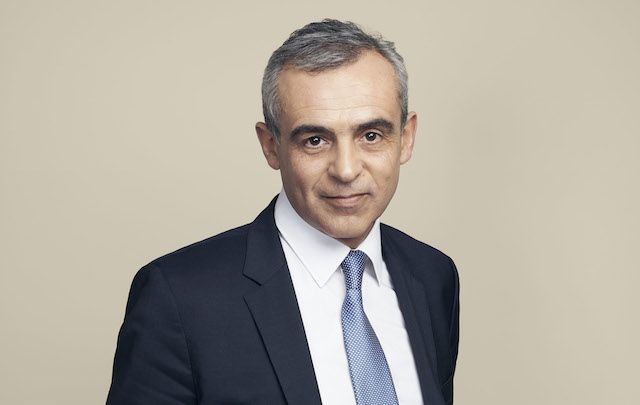The chief investment officer of Amundi Asset Management, Pascal Blanqué (pictured), talks to Expert Investor about monetary policy and investment opportunities arising from the Covid-19 crisis, including trends in sustainable investing.
Q: It has been argued that bankruptcies and the orderly restructuring of companies would be a more preferable way of combating recessions than applying monetary easing and increasing debt as well as financial stability risks. What is your opinion?
In an ideal world, the orderly restructuring and ‘cleaning up’ of unsustainable business models would be advisable to avoid any further ‘zombification’ of the corporate sector. Since the Great Financial Crisis, however, markets are clearly addicted to central banks.
Inaction during a deep crisis would trigger severe market disruption with unintended consequences for markets, the global economy and society, pushing unemployment and inequality even higher. This would undermine social stability, something the world cannot afford. Central banks will do whatever is necessary to avoid what happened with Lehman, and we cannot blame them for this.
While central banks are providing a liquidity bridge for corporations however, they will not solve the solvency problem forever. If a business model is unsustainable, they will [only] delay the inevitable for many zombie companies.
Ultimately, defaults will be unavoidable. They will rise this year, although to a lesser extent than if we did not have monetary intervention. This is priced in, but there will likely be a second wave of defaults next year, and this is not yet priced in.
Q: To what extent do you factor in the possibility of bankruptcies when considering the EU’s current recovery budget plans? Will this accelerate sustainable trends, such as smart cities?
Some bankruptcies will happen in any case. The EU budget is a unique opportunity to direct resources to re-design the economic model for the next decade, sustain growth and increase productivity.
Strategic infrastructure, including digitalisation, support for strategic industries, such as healthcare, and a new sustainable development model should inspire this resource allocation. We see a sense of urgency emerging to fight growing social inequality and embrace a green transition. This trend will accelerate, in our view, and Europe has a unique chance [to seize it] this time.
Q: In which sectors or asset classes do you anticipate the biggest investment opportunities?
In general terms, what we can say is that we like the non-disrupted cyclical sectors in Europe. Expectations continue to be too low for many of these, even after a strong run, and there are many attractive opportunities in areas such as building materials and luxury. We also like high-quality defensive sectors such as healthcare.
Generally, in terms of asset classes, we continue to think investors must consider strategic allocations to risky assets – specifically equities, due to our expectation of very low interest rates for a prolonged period of time. The equity risk premium is at attractive levels for long-term investors.
Q: How will Amundi react to sustainable trends that will develop due to the pandemic? How will this impact your broader asset allocations?
There will be greater scrutiny of the ways companies act in the interest of all stakeholders and the community. This will translate into a greater impact on stock prices of some environmental, social and governance (ESG) risk factors, which will provide opportunities for active manager in both the equity and bond space.
Opportunities do exist – regarding European equities, we suggest investors apply a barbell strategy with exposure to attractive stocks in defensive sectors (utilities, health care, consumer staples) at the one end and non-disrupted and discounted cyclical sectors (luxury, construction) at the other. In addition, identifying some structural winners in some accelerating trends, such as e-commerce, will be key to long-term returns.
In the US, investors should avoid sectors that are under extreme short-term pressure, including airlines, challenged retailers, cruise lines, high fixed-cost and low-margin businesses, and commercial real estate.
Instead, we think investors should focus on sector leaders among sustainable businesses in an ESG-integrated approach. Sustainable companies with market-leading positions win when market conditions are tough.
We would also start to gradually add cyclicality. At a sector level, we prefer financials, communications services and industrials while we are cautious on consumer staples, utilities and materials.
Going forward, we believe the market will also focus on the ‘ESG improver’ concept – that is, on companies that are not ESG leaders but are on the path of becoming leaders in the future, whose value is not yet expressed in market prices. Green bonds is another area of development.
Finally, in terms of the broader asset allocation, we remain well balanced, with a cautious attitude for risk assets and a strong focus on liquidity.
The battle between liquidity and solvency will continue, therefore, as investors, our objective is to protect investment capital from any permanent loss and have room to add to emerging investment opportunities.
The crisis has made clear that liquidity should be a key metric of portfolio construction. Investors should keep some liquidity for defensive and aggressive strategies, so they can reposition in some areas of the market when opportunities arise.







